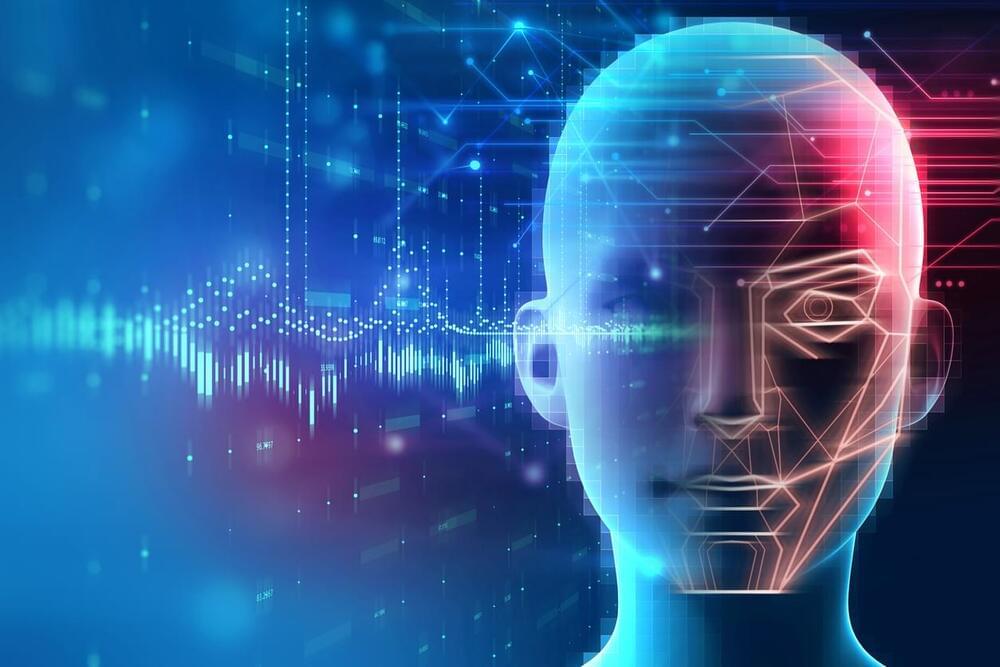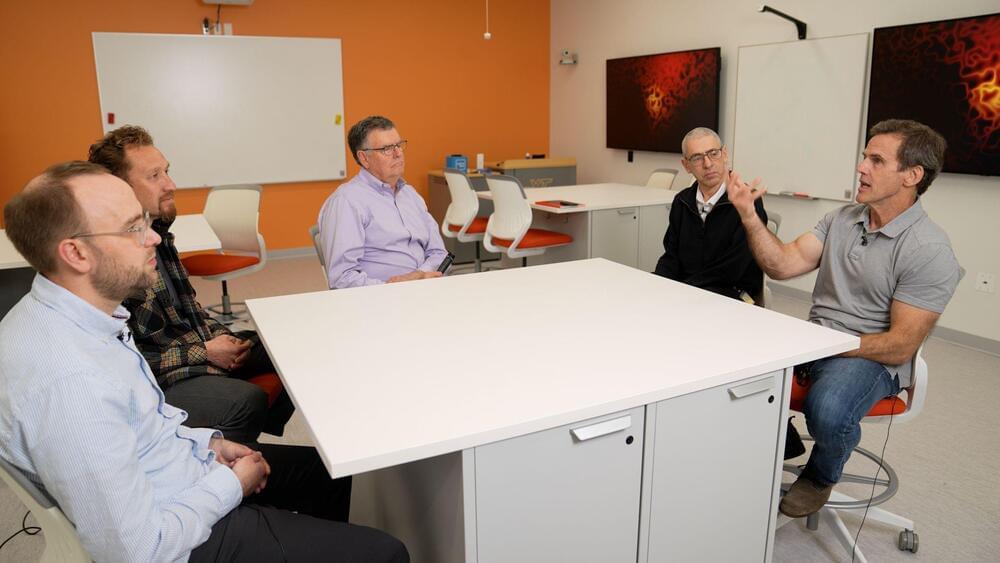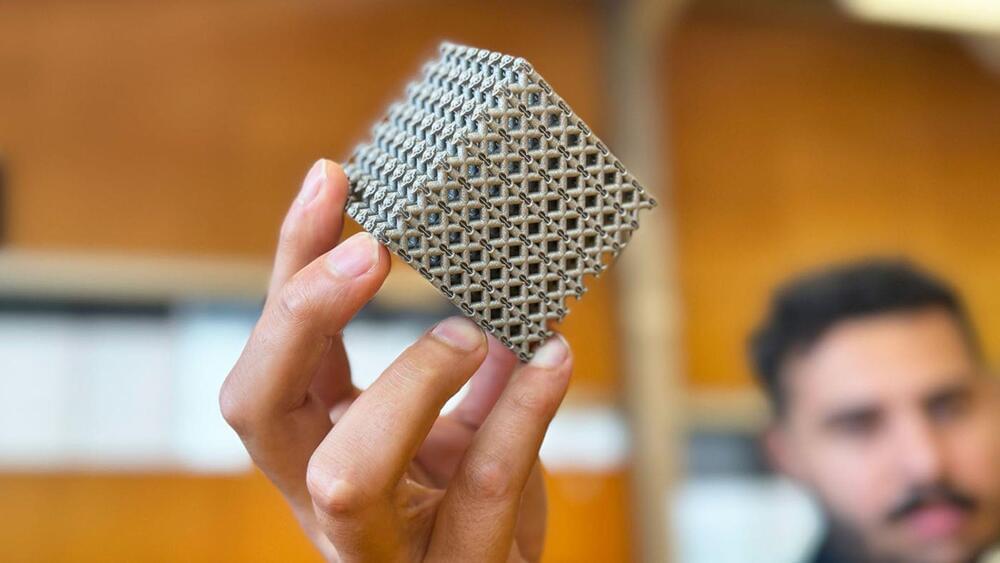TECNO’s Dynamic 1 is allegedly inspired by a German Shepherd.
Chinese technology company TECNO has officially unveiled its artificial intelligence (AI) enabled robotic dog called Dynamic 1. Showcased at the Mobile World Congress on Monday, February 26, in Barcelona, Dynamic 1 is the latest in robotic canines making the news of late.
According to reports on the robot’s capabilities, Dynamic 1 can climb up a flight of stairs thanks to its torque output of 45 Newton meters per kilogram (Nm/kg) and can also bow and “shake hands.”









